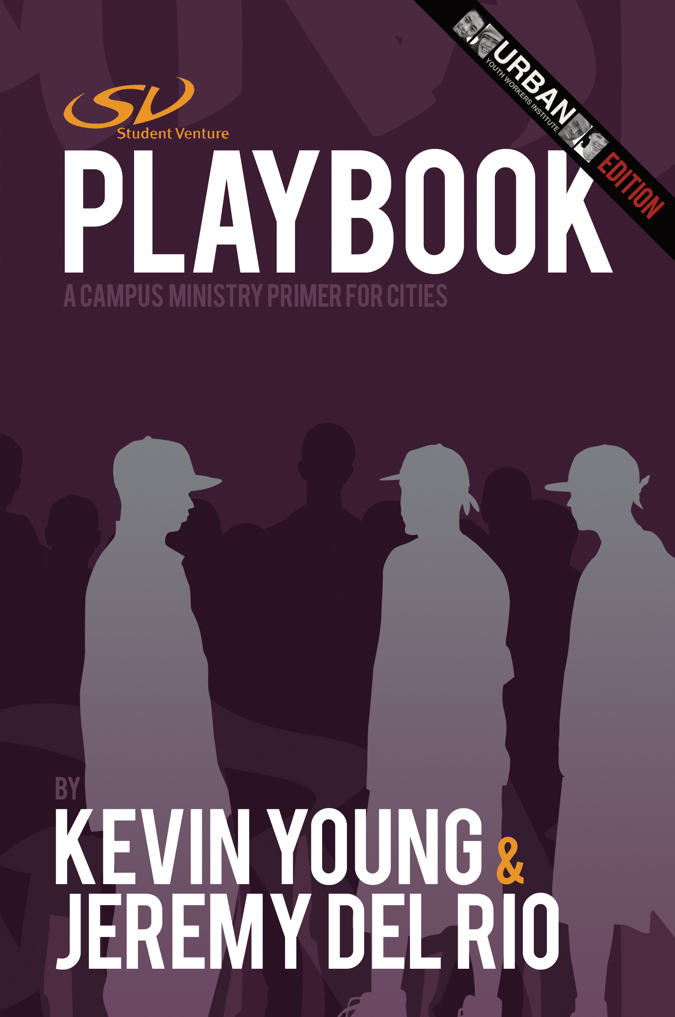« Monday Morning MP3 | Home | Day at the Museum »
The Ministry of Reconciliation: A Tribute to Oscar Romero
By Jeremy | February 19, 2007
So from now on we regard no one from a worldly point of view. Though we once regarded Christ in this way, we do so no longer. Therefore, if anyone is in Christ, he is a new creation; the old has gone, the new has come! All this is from God, who reconciled us to himself through Christ and gave us the ministry of reconciliation: that God was reconciling the world to himself in Christ, not counting men's sins against them. And he has committed to us the message of reconciliation. (2 Corinthians 5:16-19)And
You are all sons of God through faith in Christ Jesus, for all of you who were baptized into Christ have clothed yourselves with Christ. There is neither Jew nor Greek, slave nor free, male nor female, for you are all one in Christ Jesus. If you belong to Christ, then you are Abraham's seed, and heirs according to the promise. What I am saying is that as long as the heir is a child, he is no different from a slave, although he owns the whole estate. He is subject to guardians and trustees until the time set by his father. So also, when we were children, we were in slavery under the basic principles of the world. But when the time had fully come, God sent his Son, born of a woman, born under law, to redeem those under law, that we might receive the full rights of sons. Because you are sons, God sent the Spirit of his Son into our hearts, the Spirit who calls out, 'Abba, Father.' So you are no longer a slave, but a son; and since you are a son, God has made you also an heir." (Galations 3:26-4:7)Archbishop Oscar Romero (1917-1980) (Notes for an unfinished writing project) Fourth archbishop of San Salvador. Assassinated while presiding over a memorial mass on March 24, 1980, at Carmelite Chapel of the Hospital de la Divina Providencia. He was standing behind the altar preparing for the offertory when a lone bullet fired by a neofascist mercenary shot through the open door. Died within minutes of blood loss and shock. Personal transformation. Born August 15, 1917, the second of seven kids in Ciudad Barrios, a mountain town near Honduran border. Poor (without running water or electricity; children slept on the floor), but generally better off financially than neighbors. Mom: Guadalupe de Jesús Goldámez and Santos Romero, a telegrapher. Apprenticed as a carpenter because too poor to stay in school past age 12. Entered minor seminary at 13 in San Miguel; promoted to national seminary in San Salvador; and completed studies at Gregorian University in Rome with a licentiate in theology. Ordained in Rome in 1942. Returned to El Salvador in 1944 as a rural parish pastor, but administrative and leadership skills led to various interdiocesan promotions. Used radio to broadcast Sunday sermons to campesinos who felt unwelcome in churches. 1970 – became auxiliary bishop of San Salvador, assisting elderly Archbishop Luis Chávez y Gonzalez. At the time still very conservative theologically, but Chávez had embraced progressive Second Vatican Council reforms. Some – like lay leadership of catechists and Delegates of the World – troubled Romero, who still believed in hierarchical authority 1974 – became bishop of Santiago de Maria, which included his hometown. Sociopolitical controversy found him as popular resistance to economic and political repressions was growing in his diocese. Some pursued armed resistance, but most turned to the social teachings of the Catholic church, joining Basic Ecclesial Communities (a/k/a Small Christian Communities) that sought to reform El Salvador according to the gospels. The “fourteen families†behind the ruling aristocracy labeled such activities as communistic and instructed the military to shoot strikers, union organizers, and human rights activists, including priests, nuns, teachers, and students. Mercenary death squads supplemented the army’s efforts, raping, killing, looting, and torturing throughout the countryside, and then collecting cash bounties for everyone they murdered. Romero denounced violence against ordinary activists, along with the “mysticism of violence†being preached by guerillas. June 21, 1975 – defining moment as 5 campesinos were killed in his diocese in the village of Tres Calles. Presided over memorial mass and publically accused the Salvadoran government of “grim violations of human rights.†Wrote letter of protest to military dictator Colonel Arturo Armando Molina, and personally complained to local National Guard commander who replied: “Cassocks are not bulletproof,†the first of many death threats against Romero. During two years as bishop of Santiago de Maria, Romero crisscrossed the diocese on horseback, talking with campesino families about how the church could best serve them. “The reality of their lives horrified the bishop. Everyday he discovered children dying from curable diseases because their parents could not pay for immunizations or basic medications; people were paid less than half the minimum wage, if they were paid at all; people who had been savagely beaten for “insolence†when they asked for long overdue pay; children who had been systematically denied educational opportunity so they would have no alternatives to becoming field laborers; and victims of literally hundreds of forms of mistreatment.†Id p. 6 Created an archdiocesan commission to document human rights abuses. In 1979 presented seven detailed reports to the Vatican. Wrote to Pres. Jimmy Carter as a fellow Christian to stop sending military aid to the Salvadoran government. Temporarily did so in 1980, after the murders of four US churchwomen, but resumed it shortly after. Reagan greatly increased aid in the 80s. In all, U.S. aid to Salvadoran military totaled $6.57 billion – an average of $1.5 million per day for twelve years, or approximately $93,860 for each Salvadoran citizen killed by his/her own government. Official slogan: “Be a patriot – kill a priest.†More than 50,000 mourners gathered for his memorial on March 30 in the square outside San Salvador Cathedral. A series of small bombs were thrown into the crowd, apparently from the windows or balcony of the National Palace which overlooks the square. Cars exploded into flames on all four corners of the plaza. Gunfire from all directions followed the explosions. Witnesses described sharpshooters on the roof and balcony of the National Palace. Forty mourners died and hundreds were seriously wounded. Ibid. Soon after, El Salvador erupted into full blown civil war for 12 years, which the UN Truth Commission described as genocidal. Officially 75,000 died in the war, but most international agencies estimate the casualties at approximately 200,000. Id at 11-12 Romero Quotes
“The word of God is like the light of the sun. It illuminates beautiful things, but also things which we would rather not see.â€Â1978:
“The Bible alone is insufficient. It is necessary for the Church to take up the Bible and make it a Living Word again. Not in order to dole out psalms and parables word for word, but in order to apply it to the concrete situation in which the Word of God is preached at this time.â€Â1980, two weeks before his assassination, in an interview with Mexican magazine Excelsior:
“As a Christian I do not believe in death without resurrection. If they kill me, I will rise again in the people of El Salvador…. If they manage to carry out their threats, as of now, I offer my blood for the redemption and resurrection of El Salvador. If God accepts the sacrifice of my life, then may my blood be the seed of liberty and the sign that hope will soon become a reality. May my death, if it is acceptable to God, be for the liberation of my people, as a witness of hope in what is to come. You can tell them that, if they succeed in killing me, I pardon and bless those who do it. A bishop may die, but the Church of God, which s in the people, will never die.â€ÂJust moments before his death during his final sermon, Romero spoke prophetically:
“Those who surrender to the service of the poor through the love of Christ will live like the grain of wheat that dies ... the harvest comes because of the grain that dies…. We know that every effort to improve society, above all when society is so full of injustice and sin, is an effort that God blesses, that God wants, that God demands of us.â€ÂLinks + JustPeace.org + Wikipedia on Oscar Romero
Topics: justice, oscar romero, poverty, quotes, racism, reconciliation, schedule, speaking | No Comments »
Comments are closed.

 Welcome to the professional website and personal weblog of Jeremy Del Rio. Whether you're a client, friend, or curious onlooker, please don't stay a spectator. Engage the conversation. Your contributions matter here.
Welcome to the professional website and personal weblog of Jeremy Del Rio. Whether you're a client, friend, or curious onlooker, please don't stay a spectator. Engage the conversation. Your contributions matter here.

















